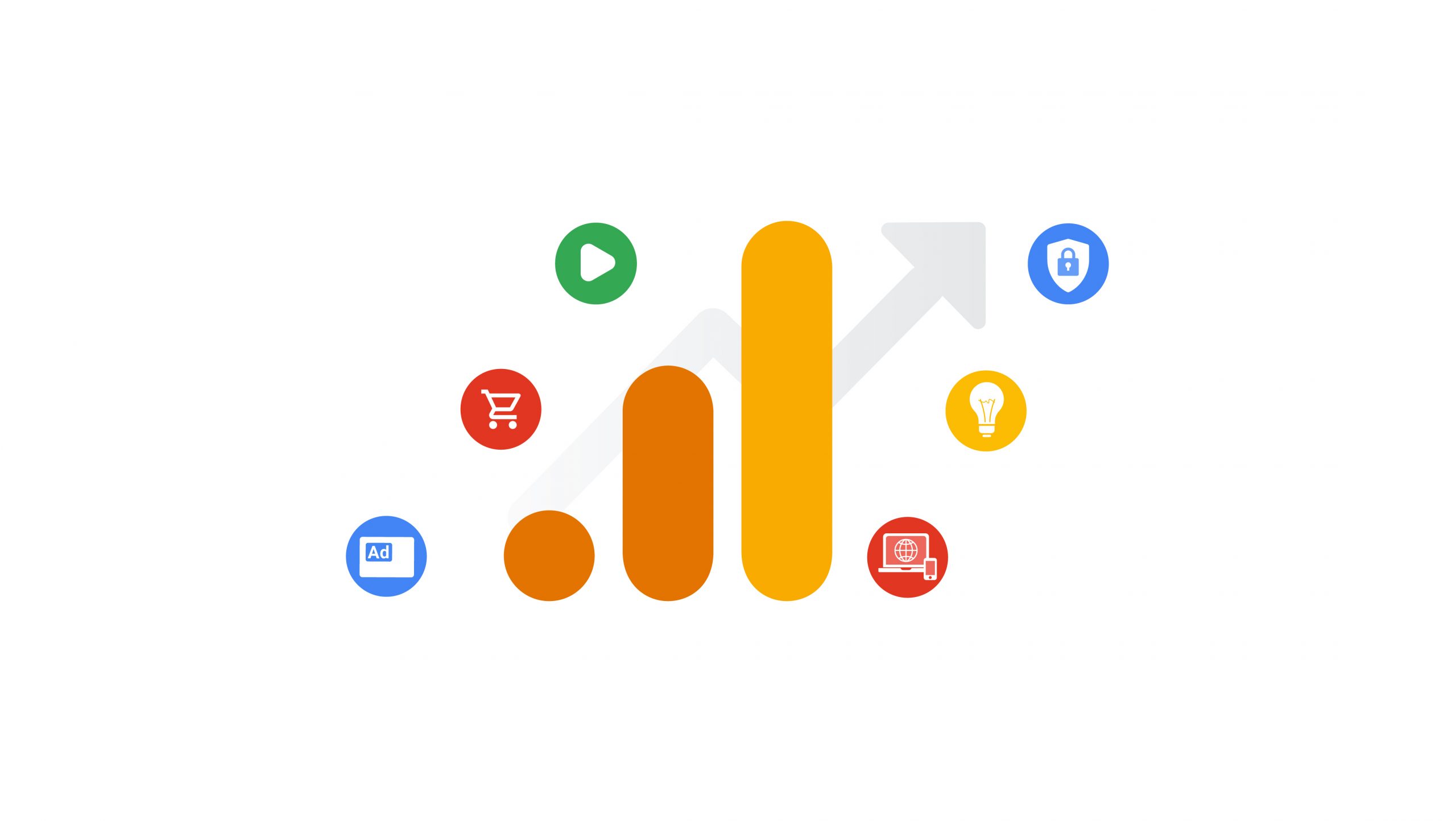With the constant struggle between gathering data and protecting your customers’ personal information, it is important to understand your obligations while ensuring you don’t miss out on valuable data. In this post we explore:
- Is your cookie policy harming your understanding of your customer?
- The changing face of Google Analytics
Is your cookie policy harming your understanding of your customer?
If you have visited a website, you will have encountered a cookie policy notification banner. But what are cookies, and why should you care if they are being used?
A cookie is a text file generated by a website. It allows the website to identify you through a unique ID and track your movement across the web. They enable targeted advertising, personalised content, and provide businesses with an understanding of how people use their website. There is no doubt they play an essential role in digital marketing practice.
The European Union’s General Data Protection Regulation (GDPR) brought attention to cookies and led to the inception of cookie policy banners. Many ask us to “accept, reject or manage” cookies as website owners scramble to protect themselves from any potential breach of privacy laws.
In Australia, the Privacy Act 1988 and the Spam Act 2003 require businesses to declare how they collect and use customers’ data. Businesses do not need to request consent to collect personal data through cookies, yet it is considered best practice to be transparent about the personal data you are collecting. Cookie consent banners are a simple way to achieve this, but there are pitfalls if they aren’t implemented well.
It is essential to understand what each option means and how it might affect your website.
- Allow – allow the use of cookies for the current session until the cookies expire.
- Reject – stop the creation of the cookie and prevent the website from receiving data.
Many website owners are unaware that by offering visitors the ability to reject cookies or ignore the notice, they could be affecting the accuracy of their website analytics. Without cookies it is impossible to record a visitor’s journey through the website, resulting in an unreliable view of website performance.
A good cookie consent banner explains why the data is being collected so the visitor can make an informed choice.

If your website includes a cookie consent banner, consider how you present the data collection to your visitor. Explain how the data is being used to optimise the experience and provide the visitor with relevant and valuable content. By taking extra care in crafting your message, you could prevent the loss of valuable insights into customer behaviour.
The Changing Face of Google Analytics
Google’s current analytics platform, Universal Analytics is being replaced with a shiny new platform from 1 July 2023. It is creatively named Google Analytics 4 (GA4) and while there are some big changes coming, it has some significant improvements over the previous version, especially for e-commerce websites, including –
Cross-platform tracking
Easily compare data from your website and app in one place and track visitor behaviour across platforms.
Advanced Analysis
Delve deeper into your data and create ad hoc funnels to analyse events.
Free Big Query integration
Previously only available to enterprise users, data can now be exported for use with Big Query.
Improved data model
GA4 uses an event-driven data model making it easier and more intuitive to create and analyse reports.
Purchase probability and churn
This feature uses Machine Learning to group users into audiences based on the probability that they will make a purchase within the next 7 days. This information can be used to inform remarketing efforts.
The great news is that you don’t have to wait until 2023 – you can start using Google Analytics 4 now. We recommend you make the switch as soon as possible so we’ll be reaching out over the coming months to discuss the changes and how to archive your existing data. In the meantime, please do let us know if you have any questions.
Thanks for reading our latest blog post. Have a great Easter break and we look forward to speaking with you soon.
Stay well!






